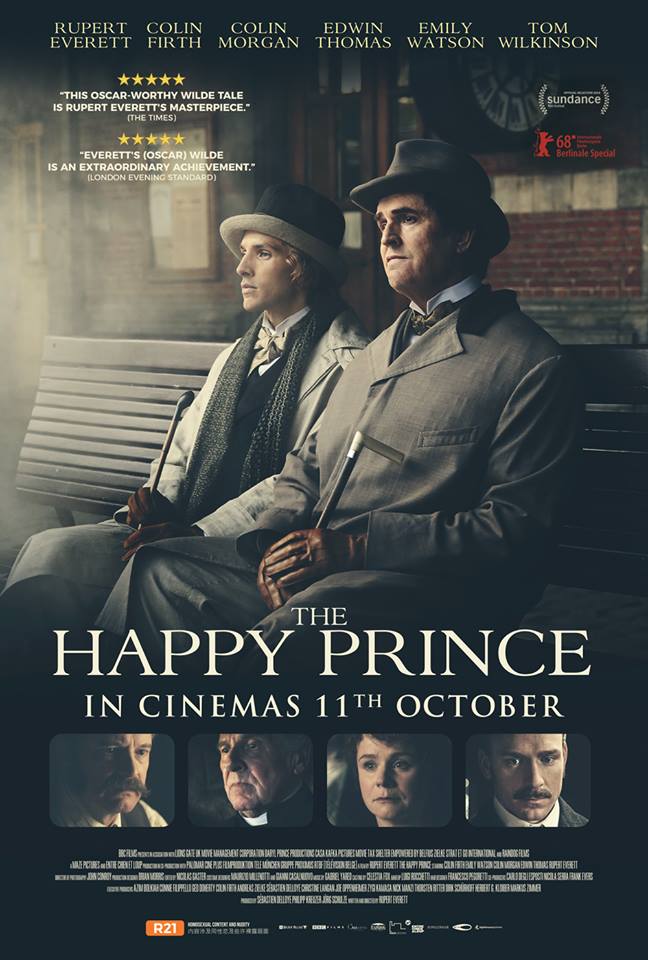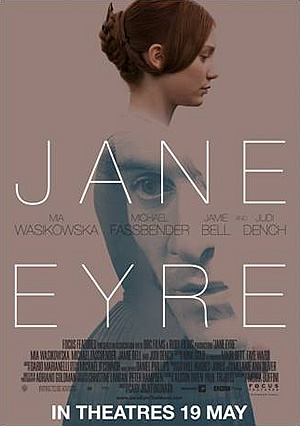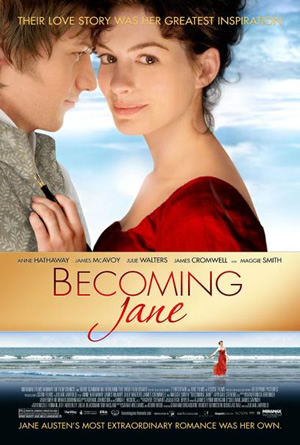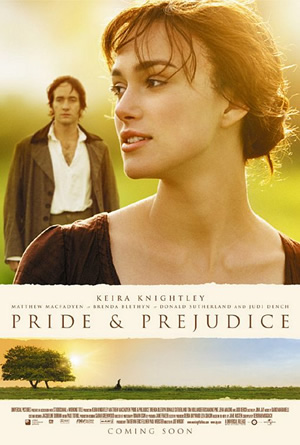THE HAPPY PRINCE (2018)
Genre: Drama
Director: Rupert Everett
Cast: Rupert Everett, Colin Firth, Colin Morgan, Edwin Thomas, Emily Watson, Tom Wilkinson
RunTime: 1 hr 45 mins
Rating: R21 (Homosexual Content and Nudity)
Released By: Lighthouse Film Distribution and Golden Village Pictures
Official Website:
Opening Day: 11 October 2018
Synopsis: In a cheap Parisian hotel room Oscar Wilde lies on his death bed and the past floods back, transporting him to other times and places. Was he once the most famous man in London? The artist crucified by a society that once worshipped him? The lover imprisoned and freed, yet still running towards ruin in the final chapter of his life? Under the microscope of death he reviews the failed attempt to reconcile with his long suffering wife Constance, the ensuing reprisal of his fatal love affair with Lord Alfred Douglas and the warmth and devotion of Robbie Ross who tried and failed to save him from himself. From Dieppe to Naples to Paris freedom is elusive and Oscar is a penniless vagabond, always moving on, shunned by his old acquaintance, but revered by a strange group of outlaws and urchins to whom he tells the old stories - his incomparable wit still sharp. THE HAPPY PRINCE is a portrait of the dark side of a genius who lived and died for love in the last days of the nineteenth century.
Movie Review:
You may recognise the title of this film about the great Irish wit Oscar Wilde as that of a children’s tale by the literary giant. The story goes something like this: in a town of poverty and misery, a swallow is asked by the statue of the titular prince to convey its riches to the townspeople; but upon dying in winter as a result of its selfless deeds and of cold, the swallow is thrown in a dust heap with the broken heart of the statue; still, both are eventually taken up by an angel to heaven, where they are reaffirmed by God as the two most precious things in the city.
That the film references the story is no coincidence, and its connection with the writer is deftly laid out over the course of the narrative, which covers his last few years in exile after being imprisoned for two years for then-illegal homosexual acts deemed as “gross indecency”. It is a depressing movie all right, not least because it shows how far Wilde had fallen from the glory of his grand and wily days, so don’t go in expecting Wildean banter; but amidst its melancholy is a heartfelt meditation on the costs and consequences of self-grandiosity, hedonism and decadence.
As its writer and director, Rupert Everett skips back and forth in time to paint a desolate portrayal of a man whose last days were spent skulking through back alleys and claustrophobic cabarets in Paris. Along one such alley, he presses a sympathetic female admirer who recognises him for £5; while at one such night-time establishment, he gets on the table and sings an old show tune, before collapsing face-down on the ground. Not only will that injury of his right ear leave him bedridden, it will eventually lead to his death by meningitis.
Before returning to his lowest ebb, Everett brings us back a couple of years before, with Wilde landing in the coastal French town of Dieppe immediately following his prison release to hang out in the company of his longtime pal Reggie Turner (Colin Firth) and faithful literary executor Robbie Ross (Edwin Thomas). During this time, Wilde continues to be supported by his estranged wife Constance (Emily Watson), and in turn he lets it be known to both Reggie and Robbie that he hopes he can be reunited with Constance as well as his two young sons.
Yet despite Robbie’s warnings that both his wish for reconciliation and his very allowance is at stake if he sees his former lover Lord Alfred ‘Bosie’ Douglas (Colin Morgan), Wilde ultimately cannot resist that temptation, and it isn’t long before he abandons both Reggie and Robbie and runs away with Bosie to Naples. Needless to say, things do not go well between Wilde and Bosie in Italy, or for that matter between them and the rest of their Italian play-things, such that Wilde will eventually find himself penniless and alone in Paris to spend the remaining days of his life.
This is the first time that Everett is stepping behind the camera, so you’ll have to bear with the meandering proceedings that lack a sense of urgency, or the confusing structure which skips around too much, or the too-obvious sentimentality which he leans too hard on. Yet even so, the fact that Everett has placed much care and forethought into the movie is undoubtable, especially in drawing out the parallel between the allegorical prose of the titular story and Wilde’s own selfless gift of his exuberance to the people around him.
Everett has also invested his entire being into playing Wilde, and more than the paunchy prosthetics he adopts, there is genuine pathos in his depiction of the character’s vulnerabilities and emotions. Some may recall that Everett had played Wilde before in David Hare’s biographical play ‘The Judas Kiss’, but that in no way diminishes how impressively immersive and full-bodied his performance here is, which powerfully lay bare Wilde’s weaknesses of pleasure-seeking and self-indulgence that precipitated his continued descent into destitution.
Frankly, ‘The Happy Prince’ won’t be an easy film to watch for many – there will be some for whom its homosexual depictions will be uncomfortable; but there will definitely be more who will find it almost uniformly gloomy and depressing, especially knowing how there will not be a happy ending for Wilde. Yet like we said at the start, there is something deeply poignant within about giving one’s life away to self-grandiosity, hedonism and decadence, almost a cautionary lesson if you will; and even if having the word ‘happy’ in its title is really a misnomer, it is still majesty and magnificence in Everett’s passion project.
Movie Rating:



(Contrary to its title, this is little joy to be found in Oscar Wilde's twilight years, but there is genuine pathos in Rupert Everett's poignant and heartfelt depiction of the literary giant's destitution)
Review by Gabriel Chong
You might also like:





